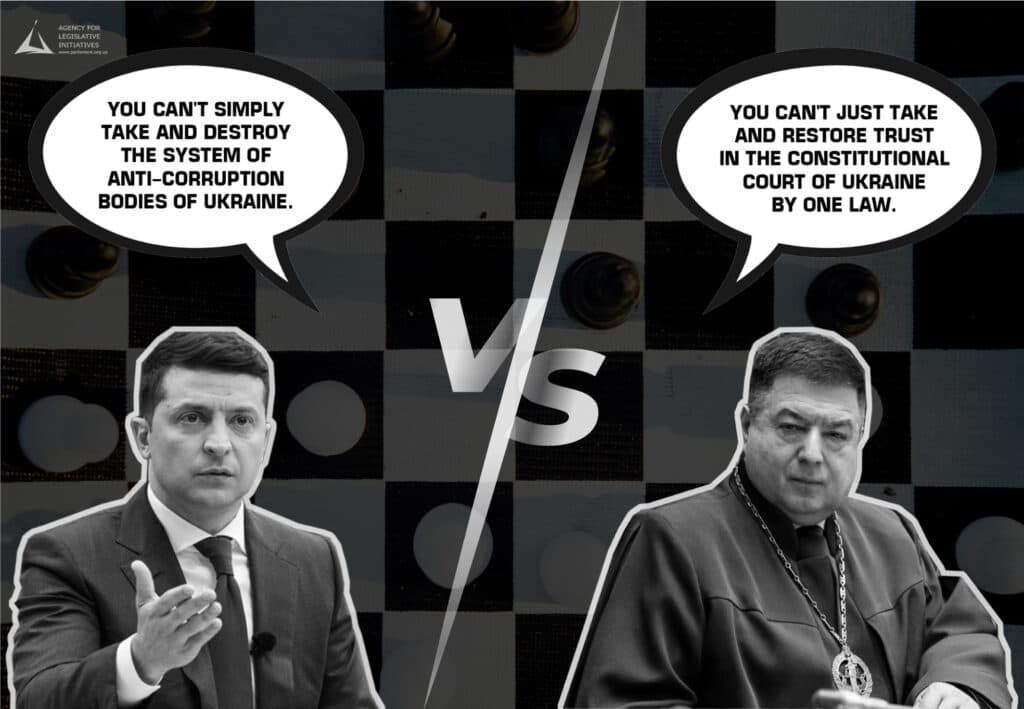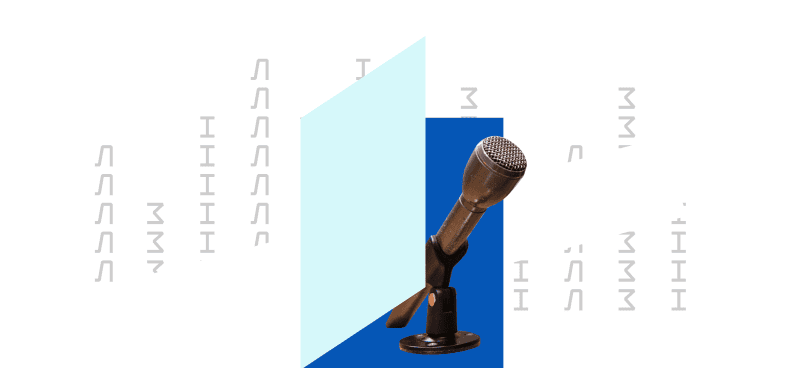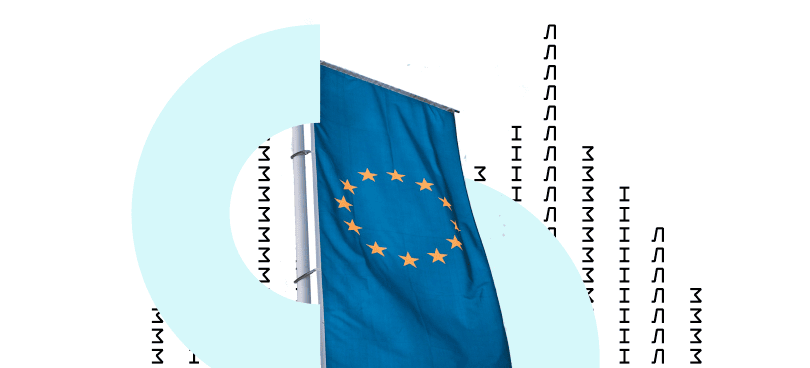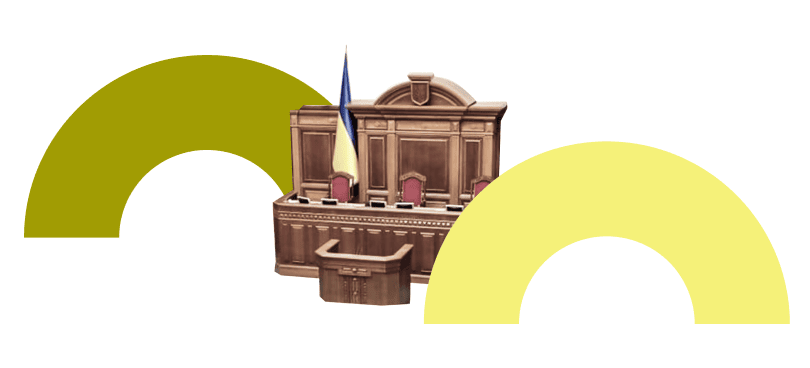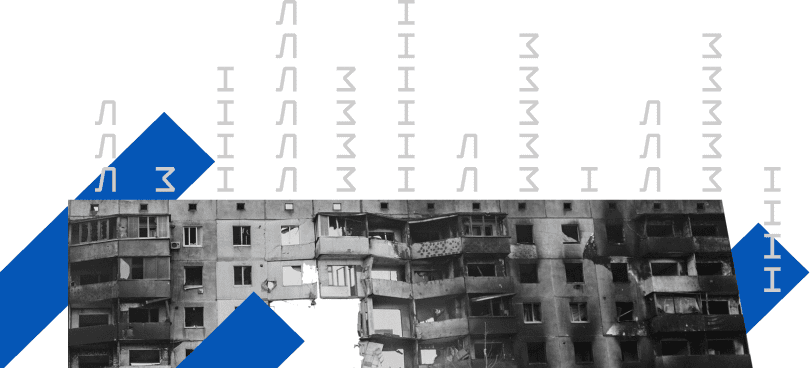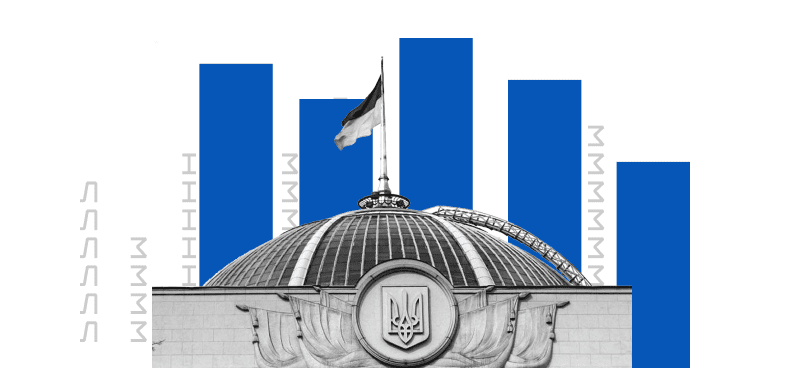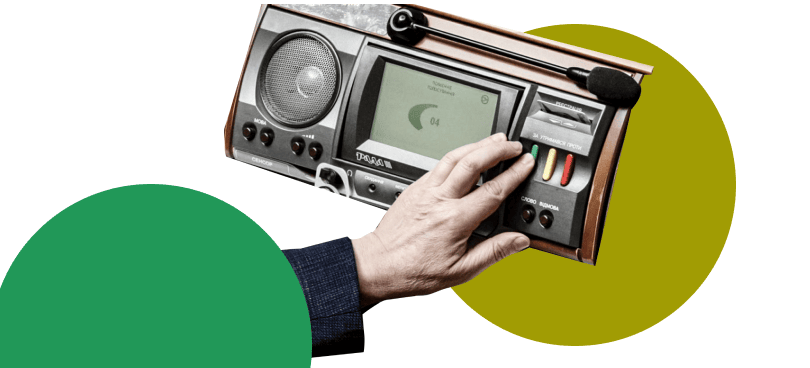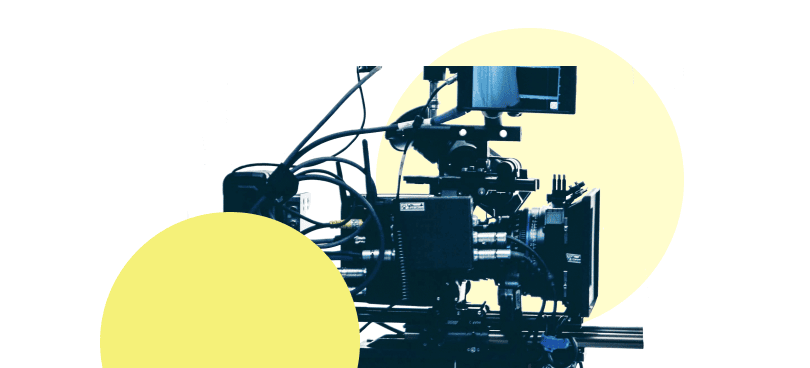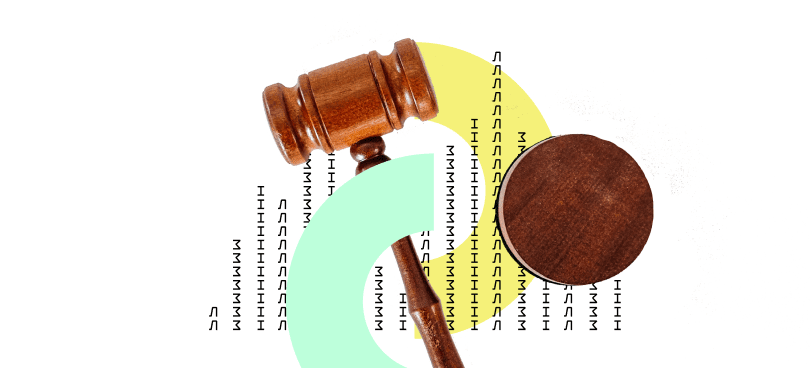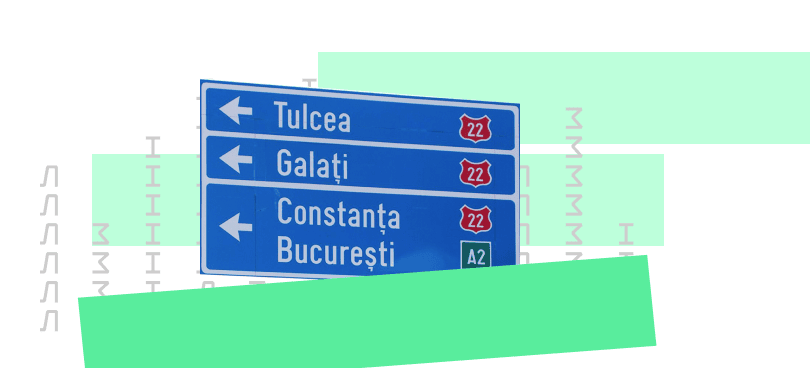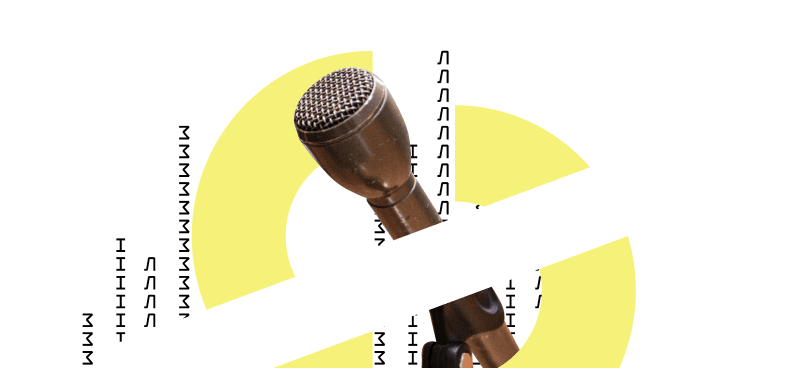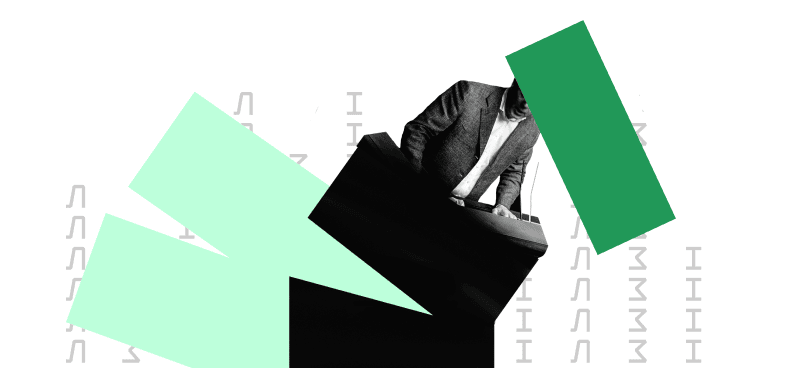The question of the ultimate truth in law is quite controversial. In the modern Ukrainian legal system, the Constitutional Court of Ukraine has the right to establish the ultimate truth.
However, the fact that the CCU made a decision does not make this decision entirely correct. In the case of the constitutionality of certain provisions of the Law on Prevention of Corruption, the Criminal Code of Ukraine, the CCU could have made a different decision while having a sufficiently strong legal basis. Such a justification is available in the Dissenting Opinion of CCU Judge Serhiy Holovaty and the Dissenting Opinion of CCU Judge Vasyl Lemak. The argumentation of the decision of the CCU itself is criticized by many experts. In particular, the President’s Representative in the Constitutional Court, Fedir Venislavsky, considers the Constitutional Court’s decision to be legally weakly motivated. Additional grounds for doubting the fairness of the decision are given by a possible conflict of interest of some judges of the Constitutional Court regarding whom the National Agency on Corruption Prevention has drawn up administrative reports or carried out inspections. The story about the undeclared house in the Crimea of the Chairman of the CCU caused a special resonance. In the text of the CCU decision, they found plagiarism from the collection of articles and essay “Federalist” by O. Hamilton.
The Constitutional Court should be the last bastion of the Constitution’s protection, but quite the opposite cases are common. The Constitutional Court acts as an instrument for the destruction of the constitutional order of the state. The Constitutional Court has often allowed the President of a country to be elected for a third, fourth, or fifth term, thus destroying the constitutional foundations of a democratic regime in the state. Thus, the Constitutional Courts allowed the presidents of Kyrgyzstan, Senegal, and Burundi to be elected for a third term, the President of Bolivia for a fourth term, and the President of Russia for a fifth term. In fact, the Constitutional Court of Ukraine also distinguished itself in this list, allowing Leonid Kuchma to be re-elected for a third term. Another example of a destructive decision is the decision in 2010 to repeal the 2004 amendments to the Constitution. All these decisions led to the destruction of the constitutional order and negative consequences for the state, and the constitutional courts played a major role in them.
What is wrong with the decision of the Constitutional Court?
Analyzing the decision of the Constitutional Court in the case of anti-corruption bodies, as well as in attempts to comprehend and somehow articulate the situation, the authors of this comment agreed on a conclusion no less absurd than the situation itself: a democratic institution makes an undemocratic decision in a democratic way. The paradox of this situation is that it is possible (because it has already happened) and impossible (due to the catastrophic consequences for state institutions) at the same time. The first intuitive way to take a critical stance on this catastrophe would, of course, be to find the culprits. After all, if the procedure was violated or there was a criminal conspiracy, it is not the system that is to blame, but specific people, specific judges. This way of criticism refers us to the modern version of obscurantism: instead of admitting that something is wrong with structure, we can look for particular culprits (this is how modern Ukrainian information space and political discourse mostly work). But for now, let’s assume that the Constitutional Court judges are sincerely convinced of the legality and legitimacy of their decision.
The Constitutional Court could have made another decision in this case. In addition to common sense, this is evidenced by the presence of two separate opinions and the unanimity of opinions of independent experts and representatives of very different political camps. That is, the Constitutional Court considered the relevant submission and understood that there were other ways to resolve the case. How did it happen that in a young and undoubtedly democratic state, where the fight against corruption is declared at all levels, the Constitutional Court makes such a contradictory decision?
Surprises and indignations have become a part of our daily lives lately. Unclear personnel policy, curtailment (or even outright repeal) of many reforms, confusing public statements with radically opposite actions and consequences – this is the political reality in which the judges of the Constitutional Court and we live. At the same time, the most horrifying thing is not even the decision itself, as a fait accompli. The most frightening thing about this decision is the level of (un)justification, as well as the fact that respected judges of the Constitutional Court generally consider it possible and acceptable to decide with such a level of justification. But in a country where the level of justification for any change is weak, and the most popular reason for the change (and very radical) is the results of the unknown in nature, level of legitimacy and possible political and legal consequences of answering the “President’s question”, can we expect judges that they will offer high standards of justification?
Another problem directly related to the level of justification is the (un)predictability of court decisions, especially of the Constitutional Court. It is the exhaustiveness of the justification that allows court decisions to be predictable. The unpredictability of the Constitutional Court decisions is a verdict on the reforms, as they are somehow aimed at changing the status quo. Here we can, of course, talk about cases of political involvement of judges, when under different conditions the Constitutional Court made completely opposite decisions/interpretations on the same issue (for example, decisions № 16-rp / 2008 and № 11-rp / 2010 on the principle of forming a parliamentary coalition), or when the decision not only contradicted the already established legal relations but also resulted in the destruction of the constitutional order and usurpation of power (decision № 20-rp / 2010 on the abolition of the Constitutional reform of 2004). With such a role of the Constitutional Court and with such an approach of judges to their decisions, there is no guarantee that in time some reforms, any new policies will not be canceled, no matter how much money international partners have spent on them or how many tens and hundreds of lives were lost in the requirements of their implementation.
On the other hand, we can talk about the abuse of MPs’ right to constitutional petitions. After all, these appeals should also be aimed primarily at protecting the Constitution rather than achieving political goals. The workload of the Constitutional Court with such decisions gives judges a certain idea of the political reality of today. Given the unpredictability of the Constitutional Court’s actions, such submissions pose a real threat to Ukraine’s democratic institutions, the rule of law, and national security.
You can disagree with the court decision, but the decision’s logic must be clear and unquestionable. The validity of the CCU’s decisions is one of the most important principles of its activity. However, it is difficult to understand how the judges came to the conclusions in this particular case.
Thus, according to the CCU, the judiciary’s independence entails recognizing unconstitutional norms that apply not only to judges but also to all subjects of declaration in general. The Constitutional Court also had alternatives to declare the norm unconstitutional, requiring the Verkhovna Rada to make appropriate changes, as, for example, the Court did in the case of the constitutionality of the provisions of part two of Article 392 of the Criminal Procedure Code of Ukraine. In this case, the Court declared the provision unconstitutional and ordered the Verkhovna Rada to bring the regulations in line with the Constitution and this decision. In particular, this method helps to avoid a situation of “legislative pause”, as Judge Lemak put it, in his dissenting opinion. Why hasn’t the Court done the same now? Annoying mistake? Deliberate sabotage of reform? Demonstration of the “strength” in a situation of real threat to the usual way of life and judges’ status?
On the issue of criminal liability, the Court considered that the establishment of criminal liability for declaring knowingly inaccurate information was excessive and that the negative consequences suffered by a person were disproportionate to the damage. However, the problem is that the Court did not put forward any additional considerations that allowed it to reach such a conclusion. Although even in its decision, the Court cites the Opinion of the Advisory Council of European Judges of November 9, 2018, which states that corruption among judges is one of the main threats to society and a democratic state’s functioning. According to Mr. Holovaty’s Dissenting Opinion, citing international treaties signed by Ukraine, corruption is one of the most dangerous threats to law and order, democracy, and human rights, destroying good governance, honesty, and social justice. Another problem lies in the theoretical space: can the Constitutional Court determine the expediency of punishment at all instead of analyzing the presence or absence of reasonable grounds for restriction of liberties, as is usually the case in constitutional proceedings.
Summarizing this part, the Constitutional Court could have made a less destructive decision for the anti-corruption system: both in terms of scope and providing adequate mechanisms for implementing this decision. However, the Court did not do that.
What are the consequences?
The CCU decision can have very serious consequences, so significant that the national security of Ukraine may be threatened. The NAPC has already stated that it has lost access to the registers. Accordingly, the NAPC cannot conduct special inspections of candidates for positions without which the heads of public authorities cannot be appointed, as “Decisions on appointment (election) or refusal to appoint (election) to a position related to the performance of state or local functions self-government, is accepted after a special inspection”
This calls into question the results of local elections and the state apparatus’s functioning as a whole. The EU considers that the CCU’s decision is a sufficient basis for the temporary suspension of the visa-free regime.
Anti-corruption reform is one of the main components of Ukraine’s agreements with Western partners: the IMF, the World Bank, and the European Union. The ambassadors of the G7 countries also expressed their dissatisfaction with the undermining of anti-corruption reform. Financial support in the form of loans or direct financial assistance is now also in question. And there is no better time to refuse financial support – the pandemic and economic crisis coincided very well with the CCU’s anti-corruption decision. We should not forget directly about the fight against corruption. The CCU’s decision will further weaken the rather weak fight against corruption: the public loses control over the lifestyle of officials, one of the main anti-corruption articles of the Criminal Code is removed, and the main anti-corruption body loses most of its powers. The CCU’s decision thus removes integral parts of the anti-corruption system. Even if a new law is passed, existing criminal cases under (already) unconstitutional articles will be terminated. For that spring, when the landings for corruption will begin, we will have to wait a very long time. Probably even longer than the release of J. Martin’s new book “A Dream of Spring”.
Is it possible to change the situation?
The Constitutional Court has created a stalemate for all anti-corruption reform, as well as for many state institutions. The Constitutional Court may try to use the provision of Part 2 of Article 95 of the Law on the Constitutional Court and, at the request of a participant in the constitutional proceedings involved in the case, explain the procedure of execution of the decision, explaining that the decision applies only to judicial staff. This wouldn’t be a very good explanation. On the other hand, the Verkhovna Rada is likely to have to try to adopt new provisions concerning the activities of the NAPC and in line with the decision of the Constitutional Court. As the rationale is very vague, in theory, any new laws on the NAPC can also be declared unconstitutional.
However, Volodymyr Zelensky decided to follow an even more illegal path than conducting a nationwide poll. The bill “On Restoration of Public Confidence in the Constitutional Judiciary” contradicts both the Constitution and the very essence of laws (which are not acts of individual action). A rhetorical question arises: what is worse – the decision of the CCU or this bill?
The Constitutional Court is one of the most independent bodies in the Ukrainian legal system. Such independence is guaranteed to him by the Constitution. Thus, the Constitutional Court’s validity of decisions and the issue of the presence of judges of the Constitutional Court in the office cannot be subject to regulation by law. According to legal doctrine, a legislative act that annuls a Constitutional Court decision or dismisses judges of the Constitutional Court cannot have any legal consequences. Even such a proposal causes natural indignation and is immeasurable for anyone with an education in law. However, we will try to model the situation that the bill was adopted and somehow legitimized.
Here is a rather unexpected scenario. Laws are, in fact, constitutional until the Constitutional Court rules that they are unconstitutional. If the law on the termination of the CCU powers is not declared unconstitutional, it will also be constitutional. However, as the CCU powers are terminated, the decision on unconstitutionality cannot be made by this composition of the CCU. There is a collision. After the termination of the powers of this composition of the CCU, a new composition of the CCU will be formed. Then a decision may be made on the unconstitutionality of this law. Here again, there is a conflict – will the recognition of the law on the termination of the powers of the CCU unconstitutional mean that the powers of the previous CCU will be renewed? However, CCU’s new composition is supposed to be formed according to the legal and constitutional procedures. The issue of the constitutionality of the Law “On Prevention of Corruption”, the Criminal Code of Ukraine, remains open because, in case of recognition of the President’s law (which is currently at the stage of the bill), these renewed laws will also be unconstitutional. The new composition of the CCU in its decision can resolve these conflicts by explaining the procedure for implementing its decision, but it is obvious that there are too many conflicts and the unknown. Even if the process of recognizing the unconstitutionality of the Law on Restoration of Public Confidence in Constitutional Proceedings (if it becomes law) is not launched immediately, the foundation of legality in the Law on Prevention of Corruption, certain provisions of the Criminal Code of Ukraine will be very shaky.
A much more legitimate way out of the situation would be to adopt a new version of the law, taking into account the CCU’s comments, as far as possible, given the rather abstract and vague nature of the justification of the decision.
We could outline some no less absurd options (for example, deprivation of judges of citizenship, recognition of their absence – and why not? After that, these judges do not “exist” for society), but no option will solve this situation. Moreover, such absurd choices undermine the constitutional order in our country even more. This situation must be accepted and the problem recognized in the system itself. This does not mean that nothing needs to be done. Protests, the adoption of a new law on the NAPC, media coverage of every step of the Constitutional Court, (possibly) reforming the Constitutional Court’s staff, and even law enforcement inspections to rule out “malicious intent” in judges’ actions (especially given the conflict of interest of some judges) – it is calm, democratic and confident.
Instead of conclusions
In general, this whole situation has happened because of the destructive processes of politicization of the judiciary that characterize young democracies and authoritarian regimes. Is it possible to recognize the actions of the CCU judges as treason and send them to Rostov, as activists suggest, or “just take and restore confidence in the CCU” by restarting it?
As part of a broader process, judges point us to the political problems that prevail in our state. The legitimacy of this decision is in doubt. Still, at the same time, the activity of the entire Constitutional Court is also in doubt, the decision or position of which in various cases provokes positive responses of some and resentment of others.
Modern politicians must be aware of the Constitution’s sacredness, as a document, as a social contract. Consequently, the appointment of CCU judges cannot be a contest for political influence or the result of political bargaining. Here, of course, we can mention appointing judges to the US Supreme Court, which is an important part of the political game. Moreover, in the United States, the appointment process is an important event in the information space, and each appointment is publicly debated. Ideally, the appointment of judges of the Constitutional Court should compete for which of them will appoint the most worthy and trustworthy person. After all, the Constitutional Court is the institution that has the power to dynamically interpret the Constitution, breathing life into it following modern reality.
Unfortunately, neither the political culture in modern Ukraine, nor the judicial reform that has been going on for more than a year, nor the system of training lawyers (and, accordingly, judges) still allow us to approach such a high constitutional ideal. And what is worse, the reaction of other branches of government, particularly the President with his new political force – is not something that can somehow change the situation. On the contrary, it drags us into a whirlpool of constitutional chaos and launching a snowball of unconstitutional coma, where each subsequent action seems even more unconstitutional and, as a result, undermining the legitimacy of state institutions.

